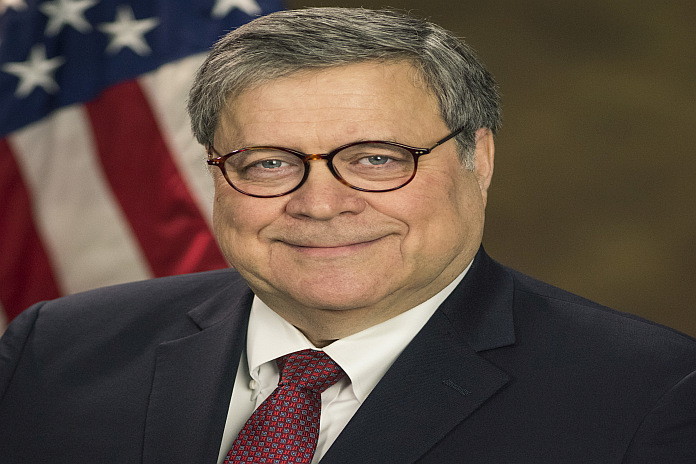WASHINGTON, USA – Attorney General William P. Barr issued guidance to the department of justice components regarding counter-unmanned aircraft systems (C-UAS) actions authorized under the Preventing Emerging Threats Act of 2018 (the Act).
“This guidance was the product of extensive collaboration between the Department of Justice, the Department of Transportation and the FAA,” said attorney general William P. Barr. “It will ensure that we are positioned for the future to address this new threat and that we approach our counter-drone efforts responsibly, with full respect for the Constitution, privacy, and the safety of the national airspace.”
The guidance outlines the process by which authorized department components can request designation of facilities or assets for protection under the Act, and ensures coordination with the FAA when any C-UAS action authorized under the Act might affect aviation safety, civilian aviation and aerospace operations, aircraft airworthiness, and the use of the airspace. This includes conducting a risk-based assessment in consultation with the secretary of transportation to examine potential airspace impacts and other considerations.
“The guidance is another important step forward,” said deputy attorney general Jeffrey A. Rosen, who is responsible under the guidance for reviewing and approving DOJ components’ protection requests. “The number of unmanned aircraft is increasing rapidly, as is their importance to the economy. By further enabling the department’s efforts to mitigate threats posed by errant or malicious UAS, the guidance helps to bring us closer to the larger objective of ensuring all forms of air traffic in the National Airspace System operate lawfully and safely.”
Importantly, the guidance also reflects the department’s dedication to protecting privacy, civil rights, and civil liberties. It contains explicit limitations on the retention and use of any data collected during the course of counter-drone operations and requires each component deploying C-UAS technologies to train personnel on privacy and civil liberties in that context. The guidance further contains testing, procurement, and training requirements for authorized department personnel.
The publication of the guidance can be found here.






